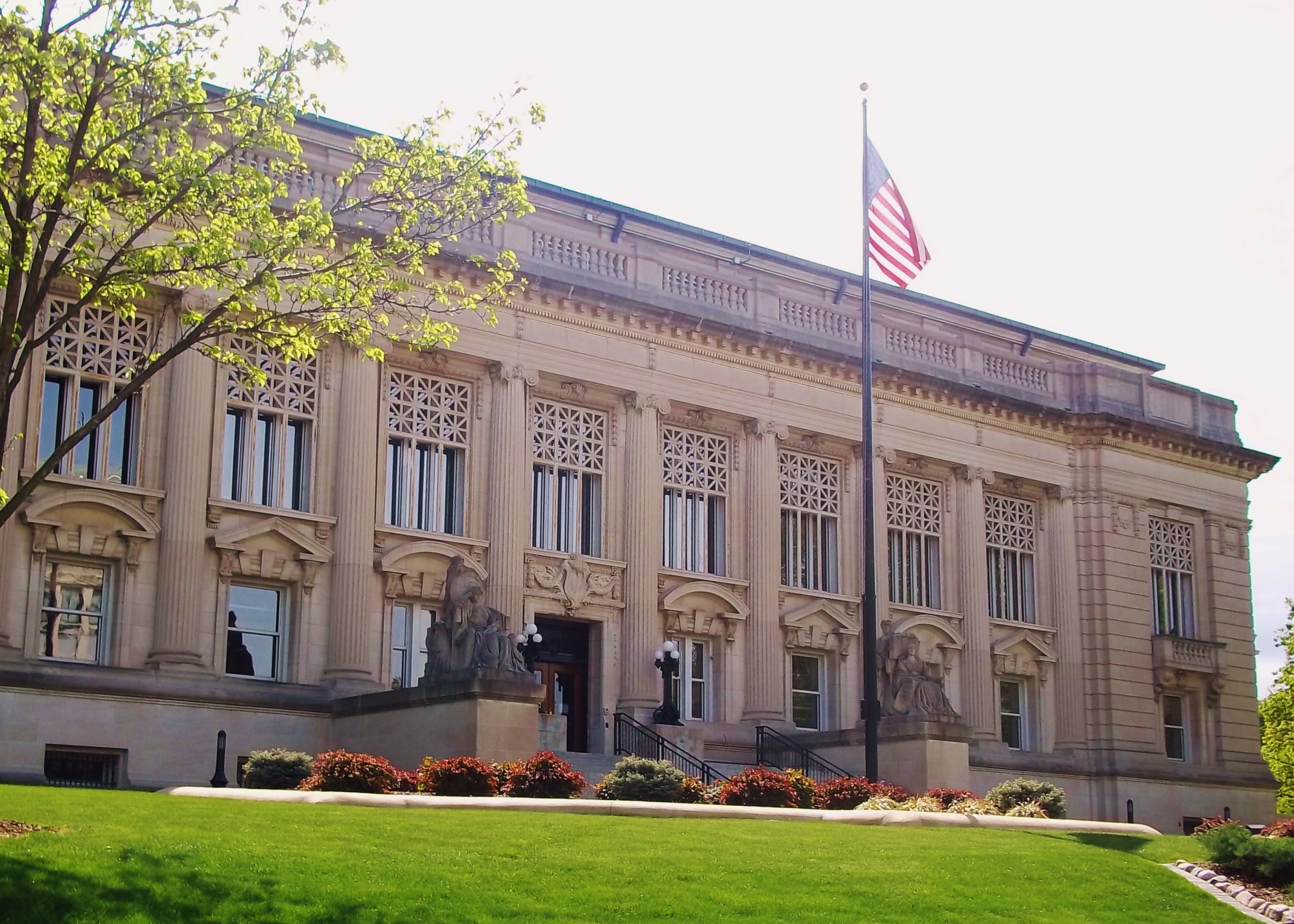SPRINGFIELD – Passcodes on mobile phones won’t prevent law enforcement from access to the devices’ contents, the Illinois Supreme Court decided on June 15.
They found protections from self incrimination in the U.S. Constitution and the Illinois Constitution don’t apply.
They concluded that police in Clinton properly offered forgery suspect Keiron Sneed a choice between providing his code to them or opening his phone for them.
Justice David Overstreet wrote in the court decision that there are many ways to unlock phones, “all equally comparable to using a key to unlock a door.”
He wrote that the court would place form over substance to grant greater protection to those who secure phones with a numeric passcode than those who do so biometrically.
Overstreet noted Sneed’s point that police would see all information in contrast to specific documents, but wrote that Sneed’s concern would be more suitably raised under the Fourth Amendment.
“A defendant is free to challenge a search warrant under the fourth amendment if he believes it is too broad,” he wrote.
Chief Justice Mary Jane Theis and Justices Lisa Holder White, Joy Cunningham, and Elizabeth Rochford concurred.
Justice Scott Neville dissented, stating the majority never addressed whether the order they approved would compel Sneed to give evidence against himself.
“Prior to today, the Illinois Constitution precluded the state from compelling a defendant to produce documents like cancelled checks, bank records, diaries, phone logs, or Internet search histories for use against a defendant in a criminal case,” he wrote.
Justice Mary O’Brien took no part in the decision.
The Justices considered a brief in support of the police position from Indiana, Arkansas, Florida, Idaho, Louisiana, Minnesota, Mississippi, New Jersey, North Dakota, Oklahoma, Oregon, South Carolina, South Dakota, Utah and Virginia.
The Justices considered a brief in support of Sneed from American Civil Liberties Union of Illinois, Electronic Frontier Foundation, National Association of Criminal Defense Lawyers, and Illinois Association of Criminal Defense Lawyers.
Sneed allegedly deposited $274.33 and $423.22 in phony paychecks from Dairy Queen in 2021.
Detective Todd Ummel applied for a warrant to search Sneed’s phone for emails, records of messaging applications, photographs of checks, and confirmations of deposit.
Circuit Judge Karle Koritz issued the warrant, and Sneed refused to open his phone.
The state moved to compel him to “provide entry.”
At a hearing, Ummel testified he believed the phone contained a photograph of the checks.
He said he exercised caution because he knew too many failed attempts to open a cell phone with an incorrect passcode would permanently lock the phone.
Ummel said Clinton didn’t have phone cracking technology, and state police wouldn’t help unless the case involved narcotics.
Koritz denied the motion for entry but Fourth District appellate judges reversed him.
At the Supreme Court, Sneed claimed that compelling him to enter a passcode was testimonial because it delved into the contents of his mind.
Overstreet disagreed, stating an individual habitually enters a device throughout the day, and its retrieval is a function of muscle memory rather than conscious thought.
He found the state knew a passcode existed, it was in Sneed’s possession or control, and it authenticated itself.
Overstreet wrote that those facts added little or nothing to the sum of the state’s information.
“In other words, the act of entering the passcode has no testimonial value, as the facts implicit in the act are already known by the state,” he wrote.
Neville claimed the decision undermined the dignity, humanity, and impartiality of Sneed’s proceedings by forcing him to produce documents the state would use to prove him guilty.
